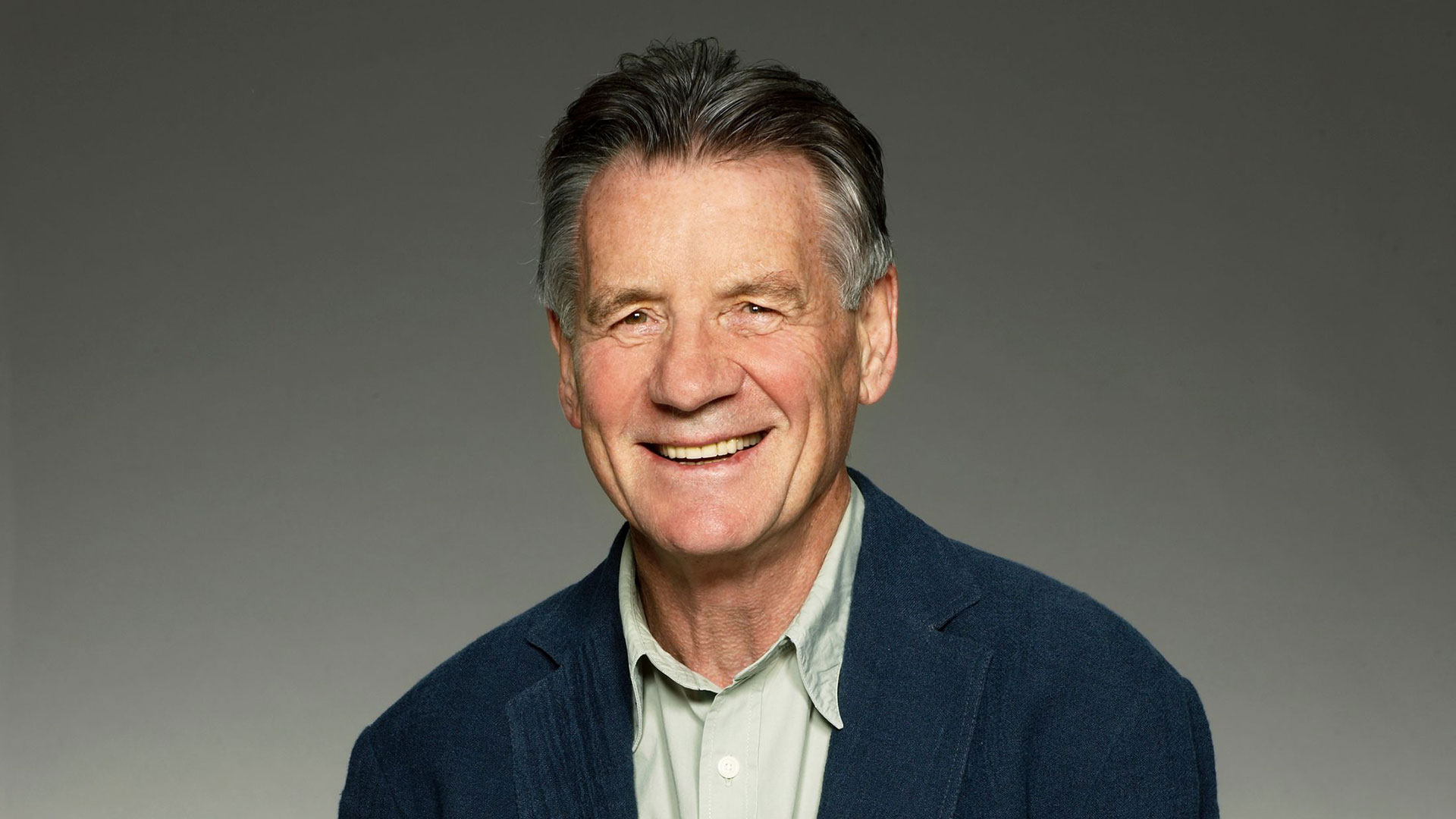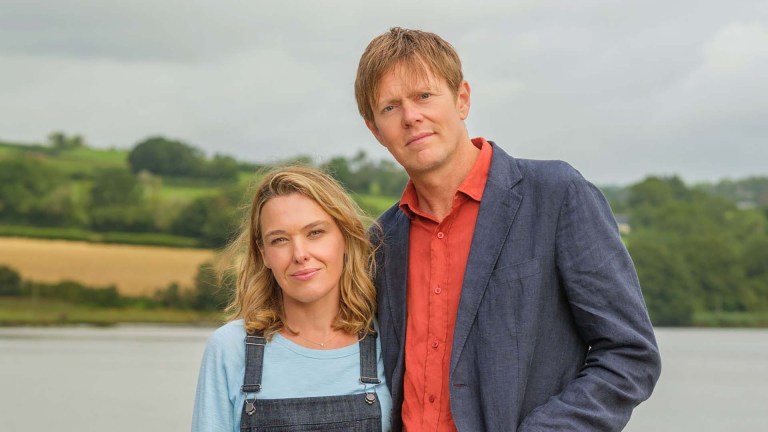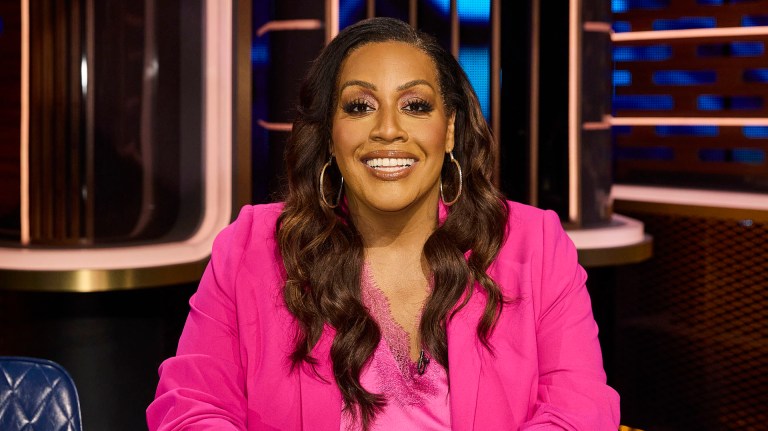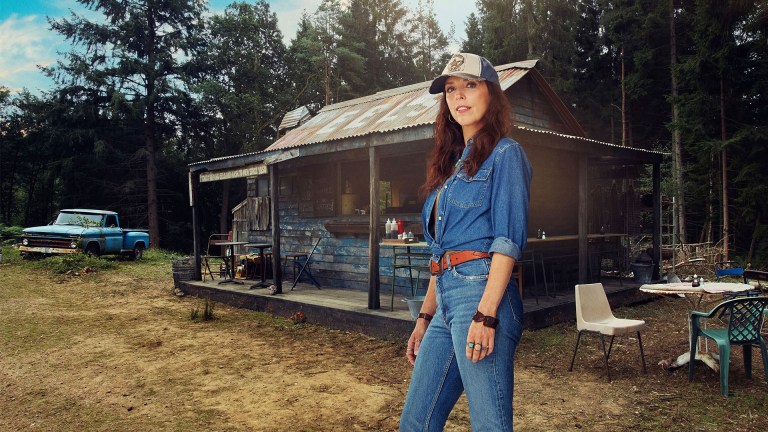When I was 16 I was spending most of my year away at public school. I’d been there a couple of years, so I’d got past the bit when you’re treated as the lowest of the low. I was doing a bit of sport, rowing quite a bit, getting terrible bum blisters on the Severn. I was settling down. People liked me, I was able to make them laugh. Some of the teachers perhaps saw a glint in my eye, a cheekiness, that they liked. I had an accommodating nature and tended, and still tend, to see the good in people. I was deliberately approachable because I was so curious about people.
At 16 everyone’s looking round for girlfriends and I was quite lucky. While on holiday in Suffolk with my parents I caught sight of a group of girls who were being led out to swim in the cold North Sea at quarter to eight in the morning by some striding male figure. There were three trying to make the best of it, and a fourth who didn’t look pleased at all and was storming along with the most marvellous rebellious look. And I thought, she’s great, I like her. My friend Richard contrived a situation where I threw a ball at him in the sea but deliberately missed and hit the girls instead. And it worked! I got together with her that summer, and we had a little summer holiday romance. That was the first time I met Helen and we’re approaching our golden wedding anniversary next year.
John was first to realise the material wasn’t as good any more. It was a difficult time
The teenage Michael would be astounded that the boy who sat around watching comedy on TV grew up to write some of those jokes himself. I was born and brought up in Sheffield, not the centre of the cultural world. Me and my friends used to look at the names of scriptwriters as the credits rolled – the idea that one day I’d actually meet Spike Milligan and become a sort of friend of his, that would be quite unbelievable.
I don’t think I’ve changed much. If I met my teenage self now our conversation would be around things that make us both laugh. If I was looking for modern comedy he’d go for, I think I’d show him Alan Partridge and The Fast Show – he’d like that way of delivering jokes. And he’d like Vic Reeves and Bob Mortimer – the silliness, the invention and imagination. I’d look for the real spirit in young Michael, bubbling under the conventional respecter of rules. I’d like to find the rebel in him. If I had to show him bits of Python… I don’t think he’d like my bits best. He might be a bit embarrassed by them. Like me, he’d find Cleese hilarious. He’d probably say to me, yes, you can be funny but clearly the big presence in that show is Cleese.
I first met John [Cleese] when he was in The Frost Report in 1965. I clearly remember walking behind him on the way to a restaurant we were all eating in, in Shepherd’s Bush. John was walking with Terry Jones. And he suddenly put his hand out and just pushed Terry over a wall into someone’s garden. It was a wonderful moment. I thought, this is someone I really need to know. I was probably terrified of him at first – he was so very tall and so very, very good at what he did. I thought John was in another league, I didn’t think we’d ever work together. But when he instigated Python, he asked me to get the others in too.
All the Pythons came from the provinces. None of us were on a career course to do what we did. Our fathers were policemen, insurance sellers, steelworkers. We envied the ease with which the metropolitan crowd controlled everything but were determined to take a new approach. We were critical of what was mainstream and London-based. And taste was London-based. We weren’t the first – Peter Cook and Dudley Moore’s Beyond the Fringe was even more important than The Goon Show in that sense.










